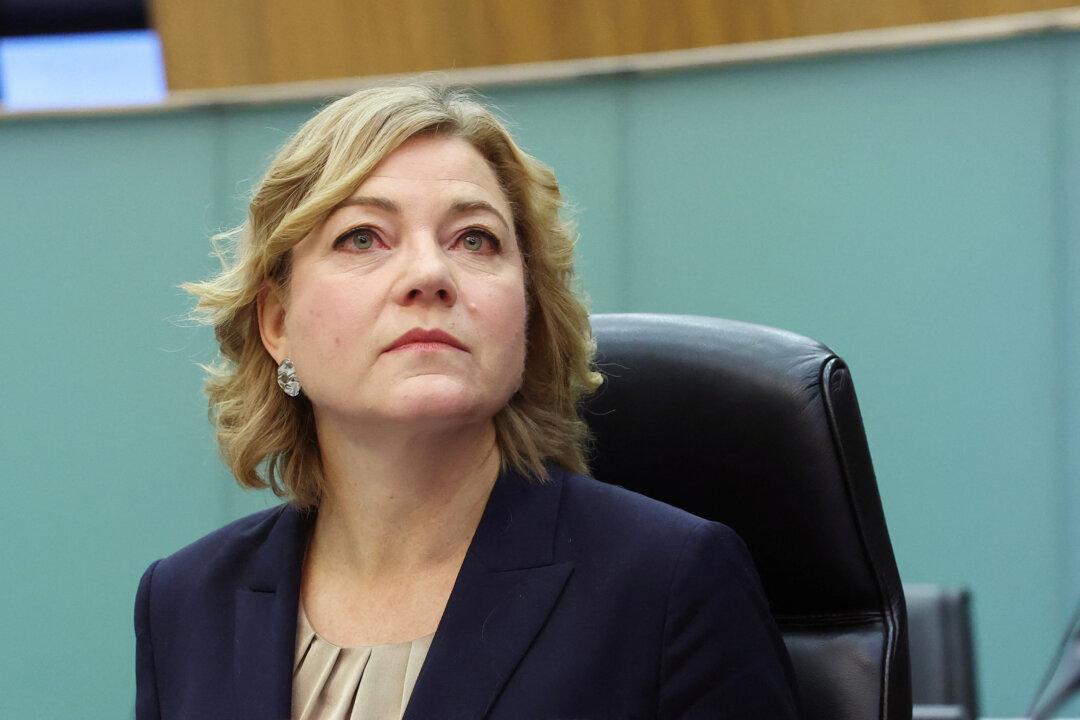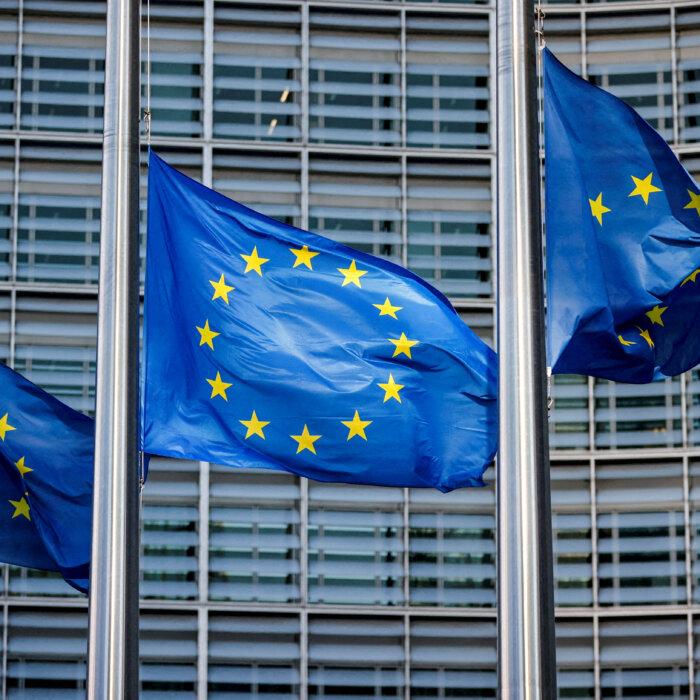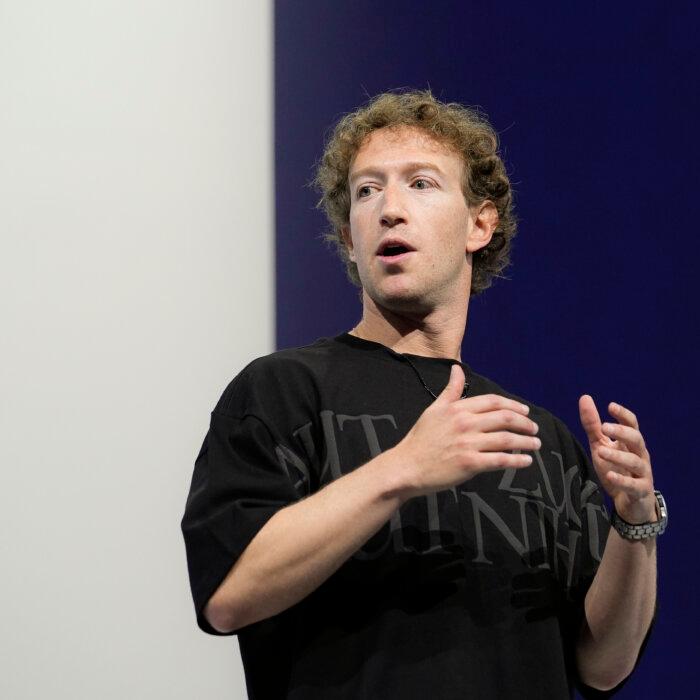Under a revised code of conduct on online speech, the European Commission says that Big Tech signatories need to allow a network of “monitoring reporters” to regularly monitor hate speech notices.
The DSA is an EU-wide regulation that regulates the obligations of digital services.
Under the revised code, companies that are signed up must allow a network of “monitoring reporters” that are nonprofit or public entities with expertise on illegal hate speech to regularly monitor how the signatories are reviewing hate speech notices.
They will have to review at least two-thirds of hate speech notices received from monitoring reporters within 24 hours.
The EU said that the updated code of conduct, a voluntary instrument, builds on a 2016 code on “countering illegal hate speech online.”
It was also signed by Dailymotion, Jeuxvideo.com, LinkedIn, Microsoft-hosted consumer services, Snapchat, Rakuten Viber, TikTok, Twitch, and YouTube.
The EU also wants signatories to present “country-level data broken down by the internal classification of hate speech (such as race, ethnicity, religion, gender identity or sexual orientation).”
Big Tech
Meta CEO Mark Zuckerberg announced on Jan. 7. that fact-checkers are “too politically biased” and that they “destroyed more trust than they created.”He also called Europe a place of “censorship.”
“Europe has an ever-increasing number of laws, institutionalizing censorship, and making it difficult to build anything innovative there,” he said.
Zuckerberg also told “The Joe Rogan Experience” podcast that the EU had forced U.S. tech companies operating in Europe to pay “more than $30 billion” in penalties for legal violations over the past 10 or 20 years.
The commission also opened formal proceedings in December 2024 to assess whether or not Elon Musk’s X platform may have breached the DSA.
EU Debate
The announcement came before an EU debate on enforcing the DSA to “tackle illegal content, online disinformation,” and the geopolitical and economic implications of the new Trump administration.Accompanying Virkkunen’s statement, Michael McGrath, commissioner for democracy, justice, the rule of law, and consumer protection, said that “hatred and polarisation are threats to EU values and fundamental rights and undermine the stability of our democracies.”
He claimed that the “internet is amplifying the negative effects of hate speech.”
Andreas Schwab, EPP Group spokesman on the internal market, said, “We need to ensure that sanctions are taken without hesitation when violations are confirmed” and that “social media should not be used to foster polarisation and undermine European democracies.”
He added that the EPP Group will support a “Democracy Shield, which will include pilot projects, to tackle disinformation in all Member States.”
‘Very Severe Penalties’
In a 2024 report, Norman Lewis, visiting research fellow at the think tank MCC Brussels and former PwC director and former director of technology research at Orange UK, said the EU is institutionalizing laws against “hate speech” and “disinformation” that represent a “fundamental attack on free speech and democracy in Europe.”The European Commission relies on officially designated fact-checkers, some of whom are nongovernmental organizations.
These entities flag specific pieces of content for platforms to review. Platforms are then obligated to act, either by taking down the content or investigating it further.
“The fact-checkers are not accountable to anyone. In the end, the commission can claim they’re not censoring but Big Tech is, despite the fact that the commission created the environment that forces this censorship.
“If they don’t act upon it, then there are very severe penalties.”







